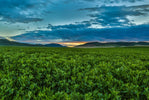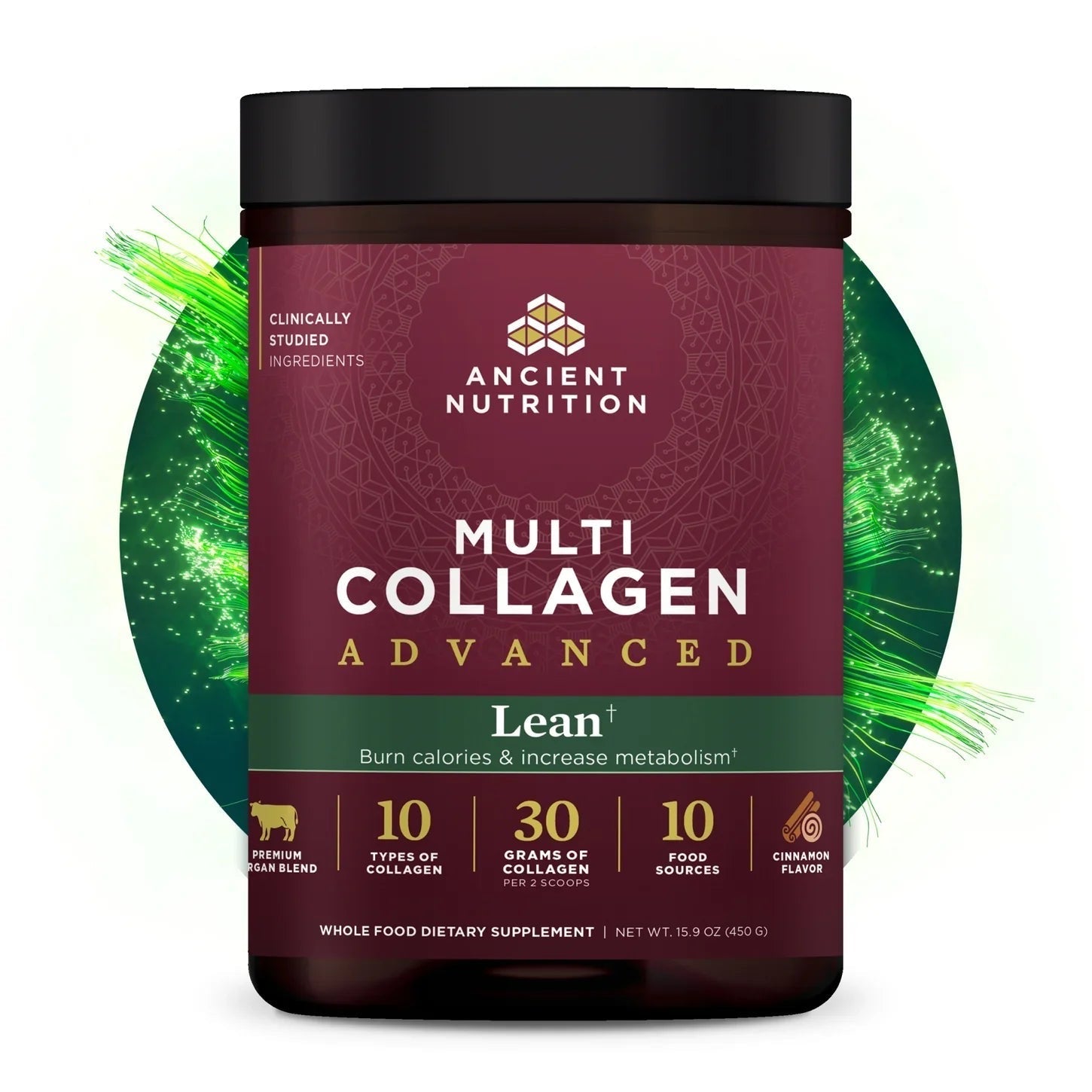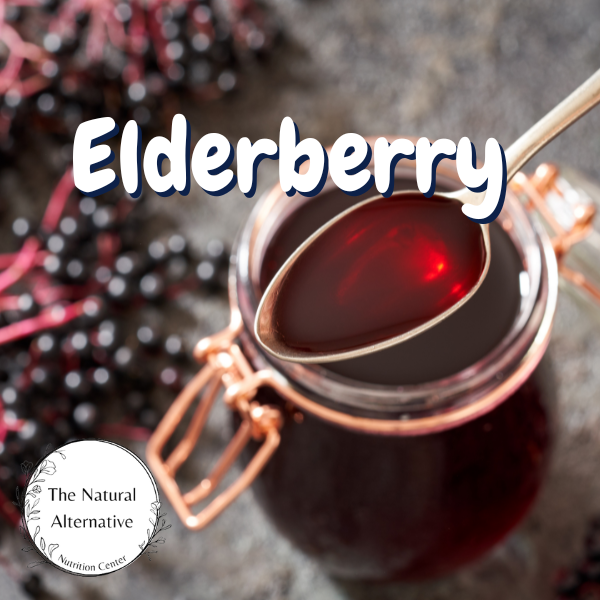
Alfalfa Herb
, 2 min reading time

, 2 min reading time
This plant is probably better known as an agricultural product for livestock or cover cropping, but in recent years its high nutritional value has brought some attention to its use for humans. Many people eat the sprouted seed of Alfalfa, but the green flowering plant is mostly dried and used as hay for livestock and can be found in tablet form for supplementation. Alfalfa has roots that reach hundreds of feet into the ground and has one of the highest mineral profiles of any land plant. Its root nodules contain bacteria with the ability to fix nitrogen, producing a high-protein feed regardless of available nitrogen in the soil. Many legumes have this ability. Because it is so dense in nutrition it is cultivated throughout the world, known as, "lucerne" in the UK, France, Australia, New Zealand, and South Africa.
What is Alfalfa Used For?
Alfalfa leaf is sometimes used to support healthy lactation in women, due to its high nutritional profile. It is also a valuable plant to use for helping to optimize female hormonal balance. It contains weak acting phytoestrogens (plant estrogens), which are useful in either hypo or hyper-estrogenic states. By competing for receptor site bonding with the stronger estrogens, the weaker ones keep the negative effects of excess estrogen in check, but if there is deficient estrogen, provide it in a mild form as well as dense nutrients. There is also some research that indicates Alfalfa leaf may help maintain healthy cholesterol levels. Additionally the rich mineral content could promote the healthy growth of hair, skin and nail tissue, while also providing a source of antioxidants.
Traditional Health Benefits of Alfalfa
Active Constituents of Alfalfa
Flavones, isoflavones, sterols, and coumarin derivatives, protein and vitamin A, vitamin B1, vitamin B6, vitamin C, vitamin E, and vitamin K, calcium, potassium, iron, and zinc.
Parts Used
Leaf
Important Precautions
Not for use during pregnancy. If you have a medical condition or take pharmaceutical drugs please consult your doctor prior to use.
Disclaimer
This information in our Herbal Reference Guide is intended only as a general reference for further exploration, and is not a replacement for professional health advice. This content does not provide dosage information, format recommendations, toxicity levels, or possible interactions with prescription drugs. Accordingly, this information should be used only under the direct supervision of a qualified health practitioner such as a naturopathic physician.



